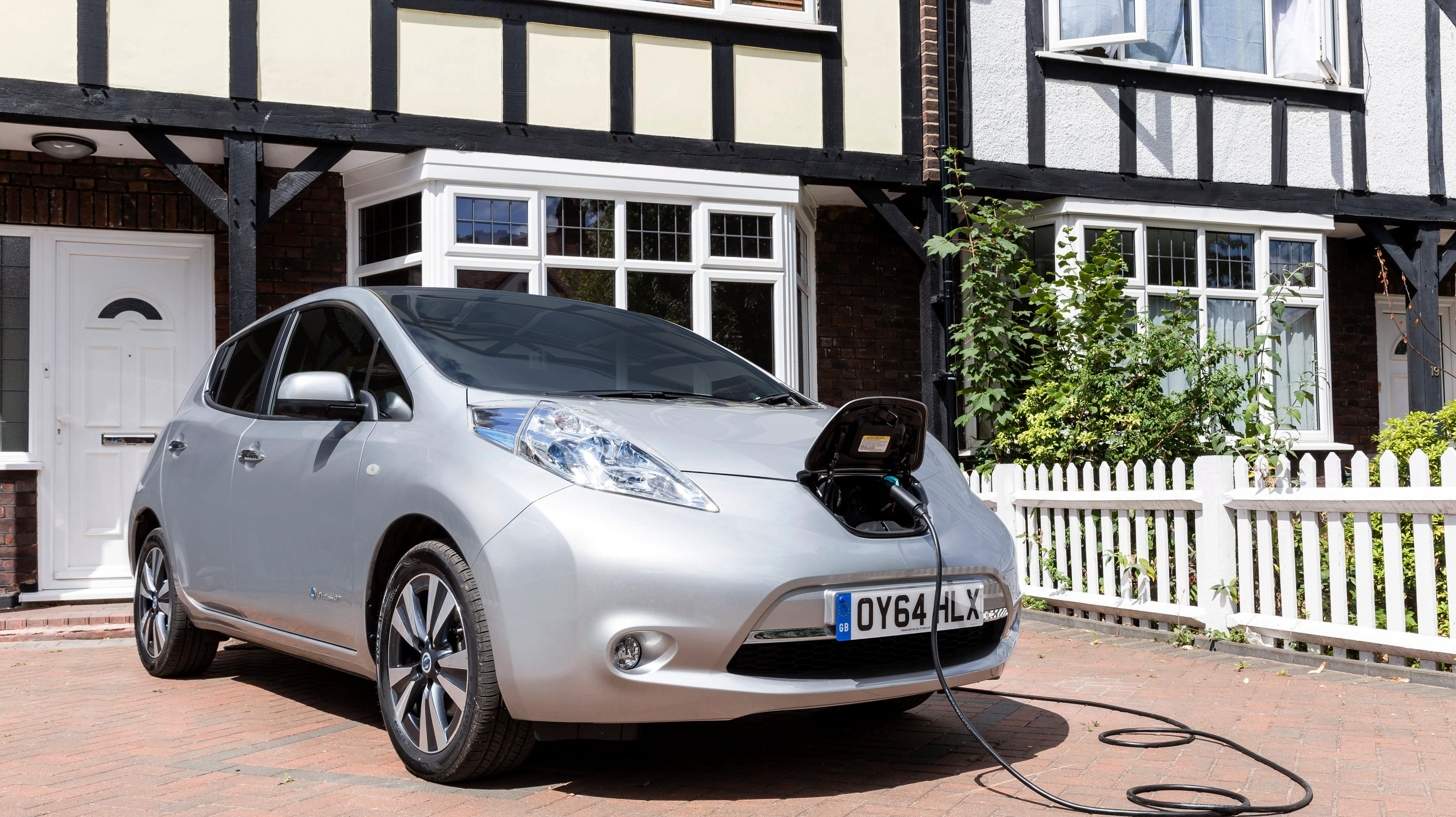England Will Require All New Buildings To Have EV Chargers
Newly constructed or heavily renovated buildings will need to have automatic off-peak charging
England, the world's most cartographically confusing nation, has been making major strides toward broad EV adoption. They've set a date to ban gas cars, launched an app to show drivers how much they could save by going electric, and are working with power companies to figure out how people can charge for cheap. Their efforts have paid off, with both business and individuals rushing to make the switch to electric mobility. For its next trick, the British government has decided to tackle charging availability — by mandating charging stations for all newly constructed buildings.
Homes, supermarkets, and "workplaces" are all mentioned by name in the statement released by the Prime Minister's office today. The release also specified the number of new charge points that will come from the new legislation:
New homes and buildings such as supermarkets and workplaces, as well as those undergoing major renovation, will be required to install electric vehicle charge points from next year, under new legislation announced by Prime Minister Boris Johnson today (Monday 22 November).
...
Up to 145,000 extra charge points will be installed across England each year thanks to these regulations, in the run up to 2030 when the sale of new petrol and diesel cars will end in the UK. This builds on the over 250,000 home and workplace charge points the government has already supported to date.
...
As well as new homes and non-residential buildings, those undergoing largescale renovations which leaves them with over 10 parking spaces will be required to install electric vehicle charge points.
While the wording of the release seems to imply the option for a cyberpunk dystopia in which British citizens need to pay EV charge point companies for power, even in their own homes, mandating new chargers is a great way to solve the chicken-and-egg problem of EV infrastructure. That estimate of 145,000 new chargers per year is higher than the total number of plugs in the U.S. — all in a much smaller area.
Hey, Congress, anyone feel like throwing this into the current infrastructure bill? I know you're still going over the fine details in it. Just slip it in between all the tax breaks, no one will even notice.
